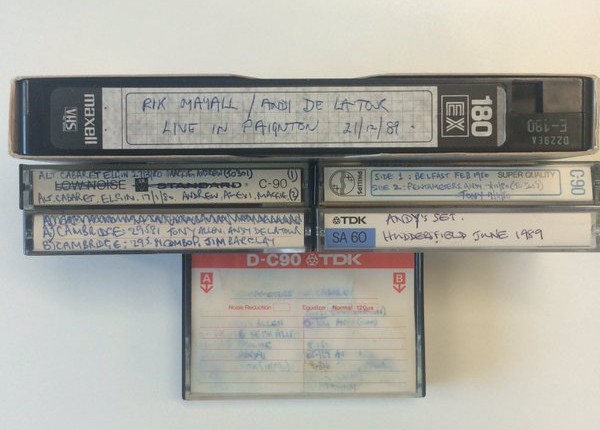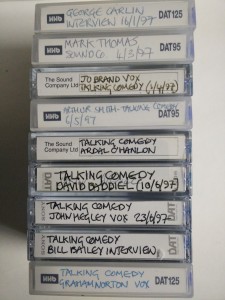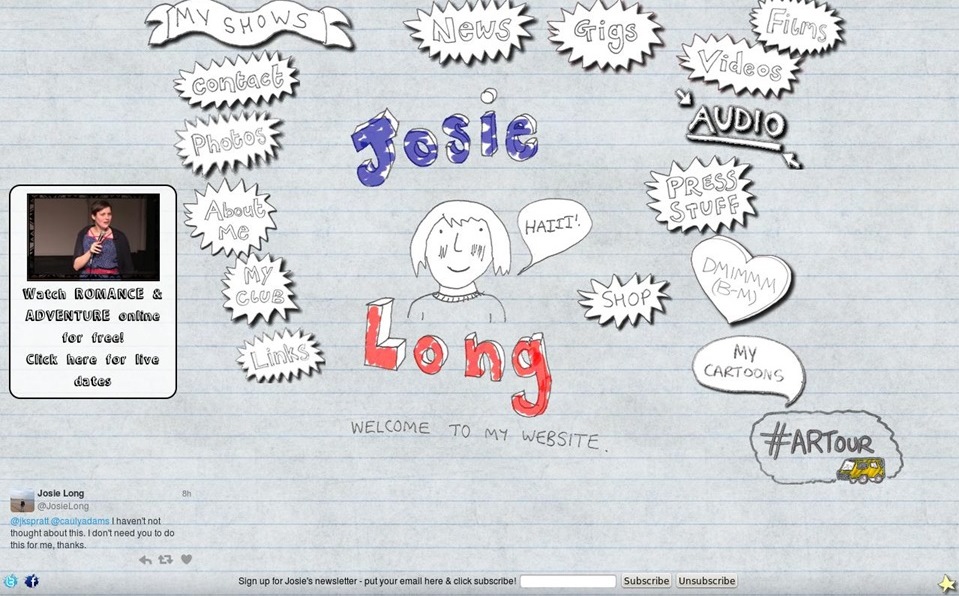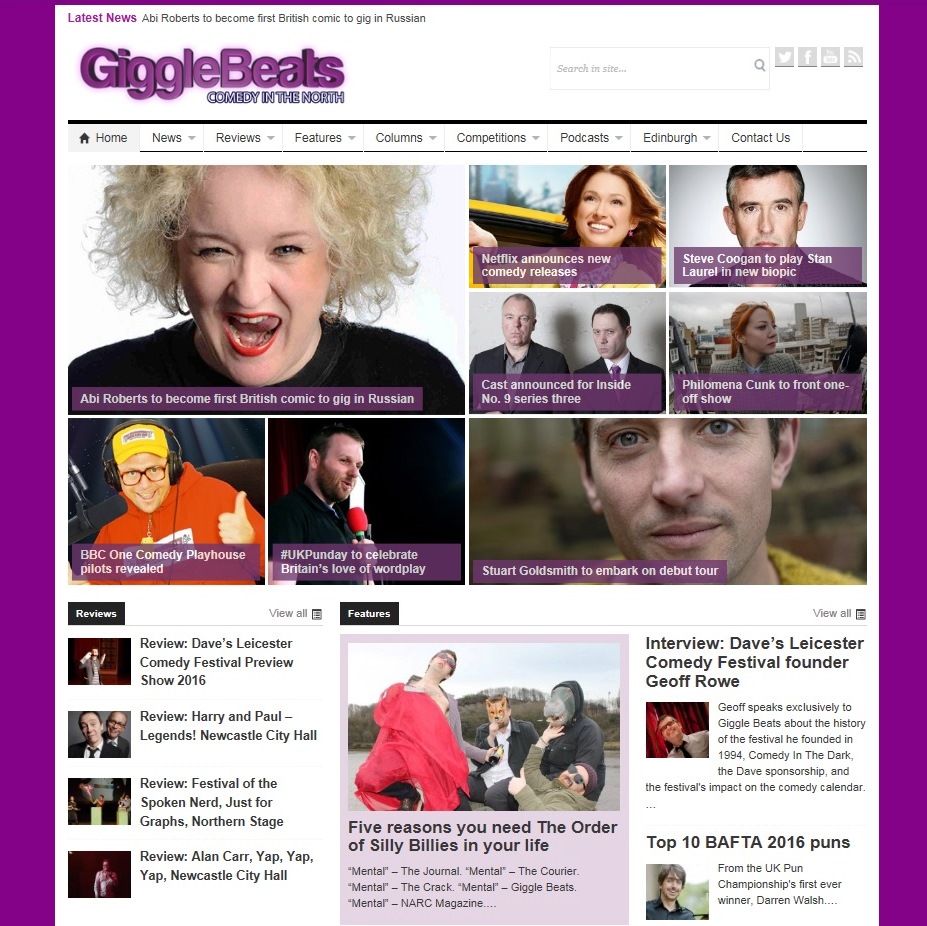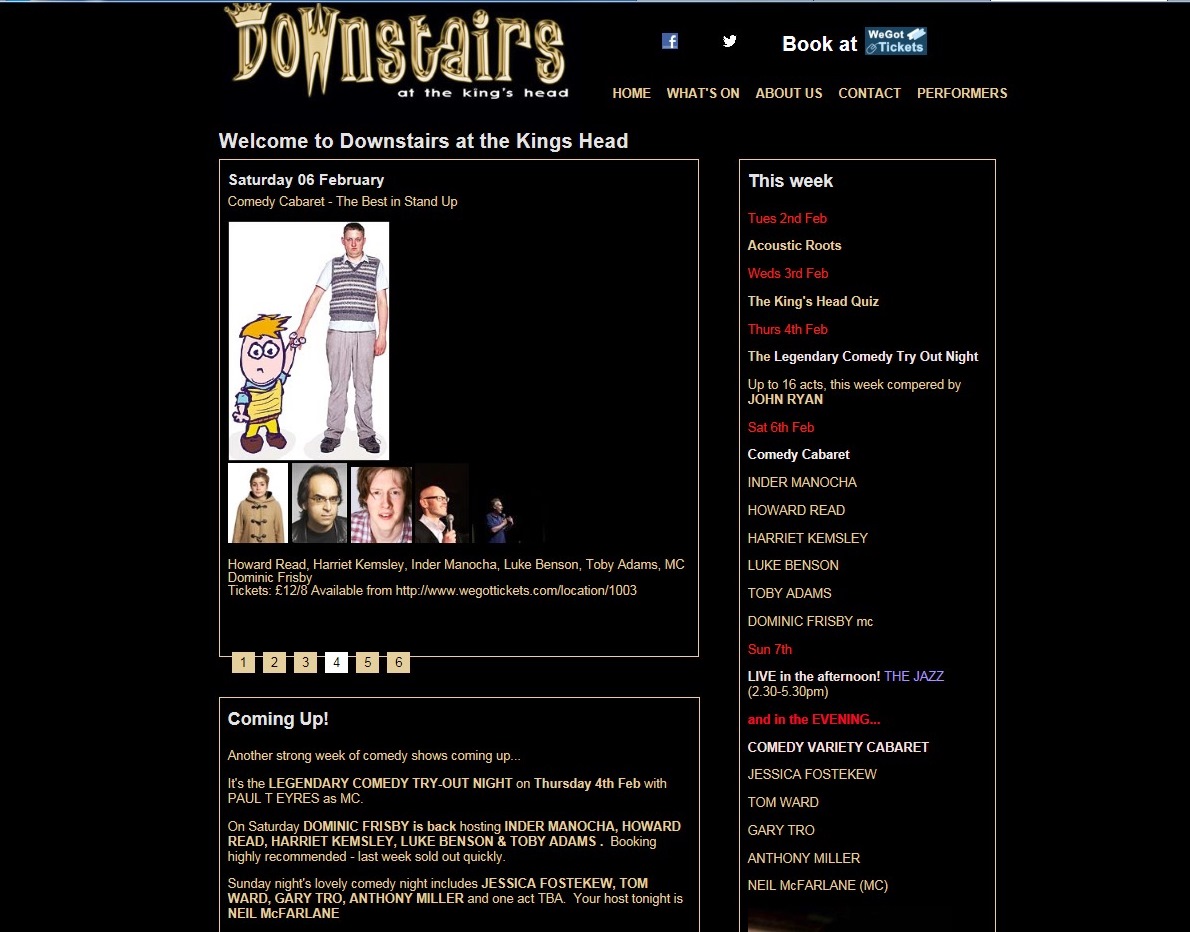Part of the mission of the British Stand-Up Comedy Archive (BSUCA) Beacon project has been to establish standards, workflows, and policies with regards to digitisation and digital preservation, with the aim to inform the future collecting and preservation activities of the University’s Special Collections & Archives department. Partly we wanted to see what digitisation work we could do in-house, if any, or if we would need to outsource the digitisation. Digitising audio-visual material is not easy, which is why few archives undertake AV digitisation in-house, or at all, and perhaps why there are few accessible resources for those trying to find out how to digitise in-house:
- There are problems of the degradation of various AV formats. This is one of the reasons why we need to digitise material on formats that are likely to degrade (otherwise we may lose the recording). This degradation can cause problems in your workflow; for example having the knowledge to spot mould, sticky shed, and then what to do about this, or how to splice a broken tape or reel (see point 3).
- There are also problems of technical obsolescence. This is another reasons for digitisation; the format may be stable (reel-to-reel tapes can be fairly stable) but the equipment to replay them (and therefore digitise them) are increasingly becoming obsolete; if we don’t digitise the material soon, whilst there is still affordable equipment, we may lose the opportunity for the material to be preserved and made accessible. For the formats within the BSUCA this is common when you consider the date of much of our material, which ranges from 1973 through to 2016. We currently have AV recordings on: audio cassette, reel-to-reel, MiniDisc, DAT, audio CD, VHS, Betacam, DVCam, DVCam mini, MiniDV, U-Matic, DVD, as well as digital originals (wav and mp3 files). Many of these formats were market-driven (MiniDisc for example) and were hailed as the next great format before being usurped by newer formats which were more affordable or more accessible. Another connected issue is that equipment may be available, but it is more likely than not to be second hand, and in need of servicing or maintenance: you do not want your equipment to compromise your digitisation work.
- Finally, a major issue when digitising AV for preservation and access is that of quality control. Much AV digitisation is carried out by trained audio engineers (who are able to spot and solve the issues identified in points 1 and 2).
It was an important part of this project to see whether we could digitise material in-house, with limited equipment and expertise. This is because we recognise that we are going to receive an increasing amount of audiovisual material within the BSUCA collections, due to the nature of the Archive, but also that we are likely to receive more AV material generally as part of Special Collections & Archives as we collect more material from the mid- and late- twentieth century. Outsourcing digitisation can be expensive; you obviously benefit hugely from the expertise of trained audiovisual engineers, but if AV material is a large part of your collections, outsourcing all of it is not feasible due to budgetary constraints.
The situation we have found ourselves in with regards equipment and expertise has definitely been one of compromises. For example:
- We have settled with purchasing second-hand equipment as that way it is possible to use semi-professional equipment; there are no newer models, within our budget, for semi-professional use, only those created for domestic purposes.
- We have also borrowed (or been given) equipment from other departments around the University, no longer used by that department due to its obsolescence, but perfect for the requirements of our project.
- And we have sometimes settled on outsourcing the digitisation (so far DAT and U-Matic).
When we started the BSUCA project in January last year (2015) I found it quite difficult to find easily accessible information about what hardware and software we’d need for digitising audio-visual material, where to find equipment for sale, as well as workflows for how to actually start digitising material. The resources from Jisc Digital Media on digitising audio and video were really helpful, as were the Guidelines for the preservation of sound recordings guide from the Endangered Archives Programme at the British Library. However, I found that the equipment recommended was no longer widely available, so I did a lot of extra research on particular models which would be affordable but also meet the standards we require. In case other archivists, curators, interested people, are thinking about digitising audio-visual material in house, I thought in my next post I’d list the equipment we have been using (starting with audio cassettes and MiniDiscs), and why (I’m not endorsing any particular models, other makes/models are available!) and later I’ll aim to share our workflows.
Some resources:
- ‘Will Prentice On Cassette Digitisation’, Birmingham Centre for Media and Culture Research website, http://www.archivingmediaculture.org/will-prentice-on-cassette-digitisation/
- International Association of Sound and Audiovisual Archives ‘Guidelines for the production and preservation of digital audio objects’, http://www.iasa-web.org/tc04/audio-preservation
- Guidelines for the preservation of sound recordings guide from the Endangered Archives Programme at the British Library
- Jisc Digital Media workflows for digitising audio and video
